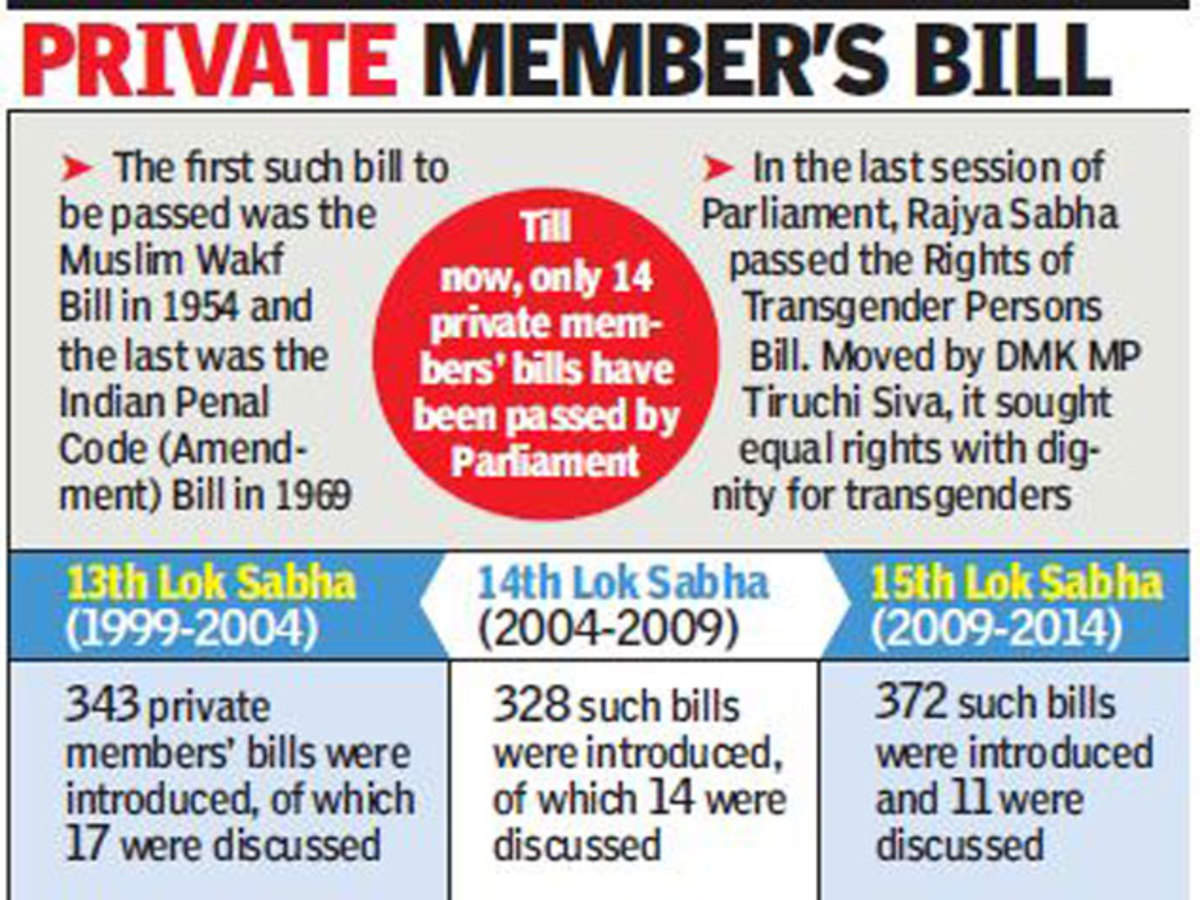Context
-
Recently, an MP from Chandigarh has introduced a Private Member Bill to amend Article 80 of the Constitution so that its councillors could send a representative to the Rajya Sabha.
Key Details of the Bill
- The Hon’ble MP has sought the adding of a provision “provided that the ‘representative of the Union Territory of Chandigarh in the council of states shall be elected by an electoral college consisting of elected members of Municipal Corporation of Chandigarh constituted under the Punjab Municipal Corporation (Extension to Chandigarh) Act, 1994” in Article 80 of the Constitution in clause (5).
- The Hon’ble MP has also sought amendment of the Fourth Schedule of the Constitution with ‘Entry 32, Chandigarh..”
Where does Chandigarh stand? What are the legal objections? What next?
- Chandigarh is a Union Territory (UT) without any legislative assembly. Chandigarh has a seat of Member of Parliament (MP) in the lower house (Lok Sabha) or House of the People.
- Chandigarh residents elect an MP every five years through direct voting.
- As per the legal opinion submitted by the office of Senior Standing Counsel, Chandigarh, the elected Municipal Corporation Councillors do not form the electoral college for selecting a member for Upper house (Rajya Sabha) because it is beyond the powers of the Municipal Corporation.
- The office of the SSC also pointed out that between 1966 and 1990, MPs for Rajya Sabha in Delhi were selected by the members of the Metropolitan Council of Delhi.
- There is a difference between the Metropolitan Council and Municipal Corporation.
- The opinion suggests that selecting Rajya Sabha MP, is beyond the listed scope of functions of the municipal corporation.
- If the functions of the civic body are to be extended beyond the listed scope of functions it would not be feasible and would go against the constitutional mandate of any such Municipal Corporation.
- As the civic body house gave its assent to the amendment, UT Administration will send it to the Ministry of Home Affairs for further consideration.
- It will then be forwarded to the Parliament.
Why is there a need for a Rajya Sabha MP from Chandigarh?
- The demand for a representative from Chandigarh in Rajya Sabha is not new, with political ambition stated to be one of the main reasons behind the move.

Credit: Times of India - Every political party wants its representative from Chandigarh to be in the Upper House of Parliament.
The UTs, which have the right to send MPs to the Upper House, and UTs which don’t
- The Union Territories of Puducherry, Jammu and Kashmir and Delhi have representation in the Rajya Sabha, while Ladakh, Chandigarh, Dadra & Nagar Haveli, Daman and Diu, Andaman and Nicobar Islands and Lakshadweep are unrepresented.
- Puducherry has one representative in Rajya Sabha, Jammu and Kashmir has four representatives and Delhi is being represented by 3 MPs in the Upper House.
- In these three UTs, elected members of the Legislative Assembly form the electoral college for electing the MP for Rajya Sabha from their places.
Who will be the beneficiary, will it affect the elected MP?
- The amendment, if approved, will enhance the powers of elected councillors.
- Many councillors believe that they were elected by the people of Chandigarh divided in at least 35 wards. Because there is no legislative assembly, they represent the people of Chandigarh in the true sense.
- Hence, they say that the locals of Chandigarh should be allowed to choose the right person for the upper house. Surely, the chances of the candidate of the party, which will have larger councillors in the civic body, will be boosted. If approved, the move will not affect the powers of the MP from Chandigarh in the Lok Sabha.
Back to basics
What is a private member’s Bill?
- An MP who is not a minister is a private member and while both private members and ministers take part in the lawmaking process, Bills introduced by private members are referred to as private member’s Bills and those introduced by ministers are called government Bills.
-
Government Bills are backed by the government and also reflect its legislative agenda.
-
The admissibility of a private Bill is decided by the Chairman in the case of the Rajya Sabha and the Speaker in the case of the Lok Sabha.
- Before the Bill can be listed for introduction, the Member must give at least a month’s notice, for the House Secretariat to examine it for compliance with constitutional provisions and rules on legislation. While a government Bill can be introduced and discussed on any day, a private member’s bill can only be introduced and discussed on Fridays.
Has a private member’s bill ever become a law?
- As per PRS Legislative, no private member’s Bill has been passed by Parliament since 1970.
- To date, Parliament has passed 14 such Bills, six of them in 1956.
- In the 14th Lok Sabha, of the over 300 private member’s Bills introduced, roughly four per cent were discussed, the remaining 96 per cent lapsed without a single dialogue.
Reference:
https://indianexpress.com/article/explained/private-members-bill-government-bill-parliament-6263844/
Visit Abhiyan PEDIA (One of the Most Followed / Recommended) for UPSC Revisions: Click Here
IAS Abhiyan is now on Telegram: Click on the Below link to Join our Channels to stay Updated
IAS Abhiyan Official: Click Here to Join
For UPSC Mains Value Edition (Facts, Quotes, Best Practices, Case Studies): Click Here to Join
